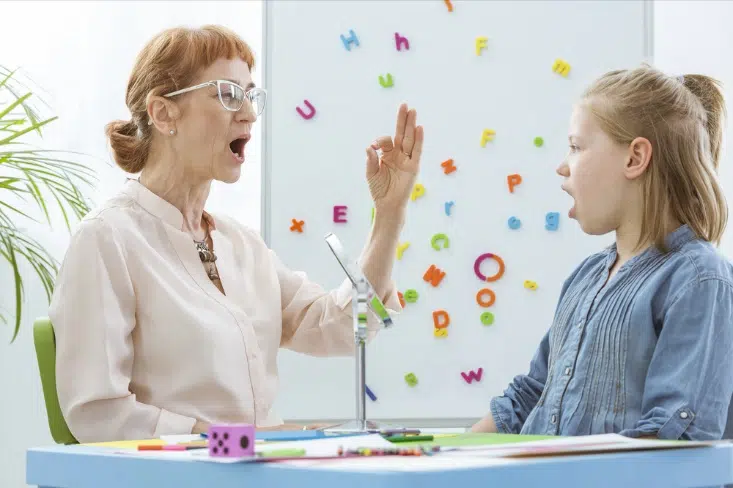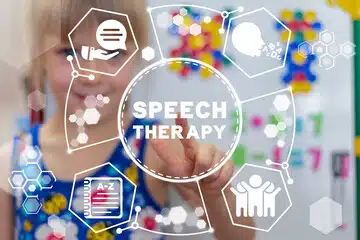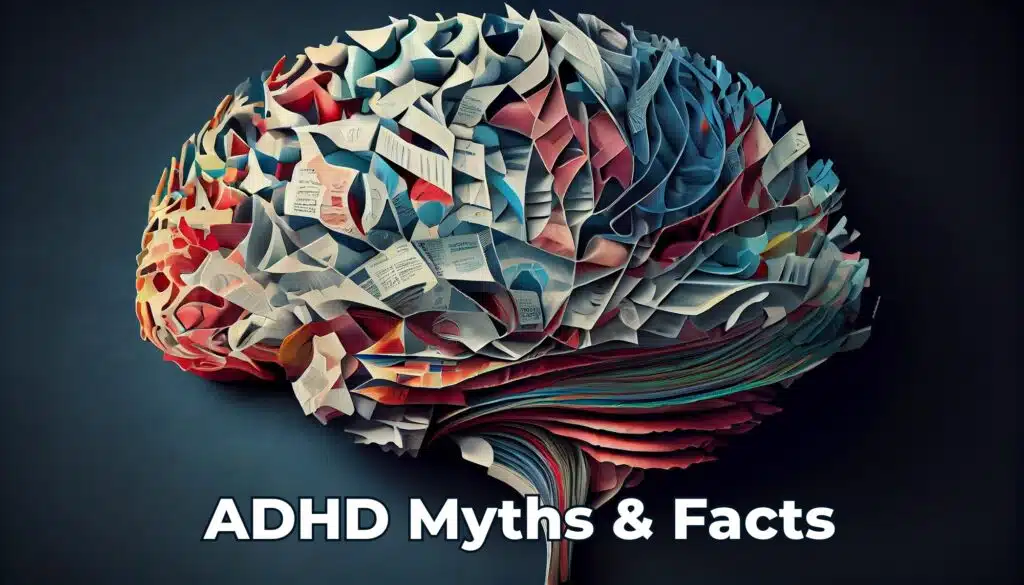Amazing Breakthroughs in Speech Therapy for Children
Speech impediments are common in Australian children of all ages, but with a slew of scientific and technological breakthroughs combined with better access to services through national schemes like the NDIS, a brighter future for Aussies kids is on the horizon. And as speech therapists, it’s heart-warming to see children and adolescents with speech disorders improve language skills, boost their confidence and get more out of life as a result.
Here’s a quick look at some of the recent developments and breakthroughs in speech therapy for children that have taken place which are making life easier and more enjoyable for kids with speech disorders and impediments.
Apraxia Breakthrough
Apraxia is one of the most severe and debilitating speech disorders affecting children, with one in 1,000 children affected worldwide. While a relatively rare speech impediment, its debilitating nature (children with apraxia struggle to combine sounds properly, preventing them from learning to speak clearly), and elusive origins make the breakthrough by researchers at the Murdoch Children’s Research Institute a success story that needs to be shared.
The study, led by MCRI speech pathologist Prof Angela Morgan, focused on the brain’s speech pathway connected to speech and “found there were core differences in a key brain tract for speech — the dorsal language stream.” What’s remarkable about this brain pathway, is that it’s critical to the production of speech and the way people listen. It’s hoped this discovery will facilitate further breakthroughs to help kids with apraxia and similar conditions better understand what they say, feel more confident, form social relationships and get more from life.
Prediction Speech Therapy Needs Early On
The earlier a child receives speech therapy, the more effective the therapy and the better the outcome for the child. A breakthrough study at Florida State University’s School of Communication Science and Disorders has identified the parts of the brain associated with speech learning in children with cochlear implants, leading to more accurate predictions.
Cochlear implants have made a significant difference to the lives of children diagnosed with deafness or hearing difficulties. However, while many children cochlear implants develop in-line with other children their age, others require speech therapy to effectively acquire language and communication skills.
The outcome of this study is that speech pathologists can now more quickly identify children who’ll need speech therapy and support once they’ve had a cochlear implant. Amazing breakthroughs like this enable speech therapists to deliver better outcomes for children with conditions relating to deafness and hearing loss.
Speech Therapy Apps
An amazing array of speech therapy smartphone and tablet apps are now widely available, with many proving highly effective tools in at-home speech therapy for children. While the internet, smartphones and social media are creating a variety of problems in society, the effectiveness of these apps shows us that technology can also be highly beneficial, especially when it facilitates a fun and interactive learning process that helps children overcome speech disorders.
Educare offers speech therapy in Newcastle to help children of all ages improve their speech and communication skills. Whether your child is having difficulty speaking clearly or communicating effectively, our highly-trained and caring speech and language therapists can help. Contact Educare online or call us on 02 4067 3753 today.



